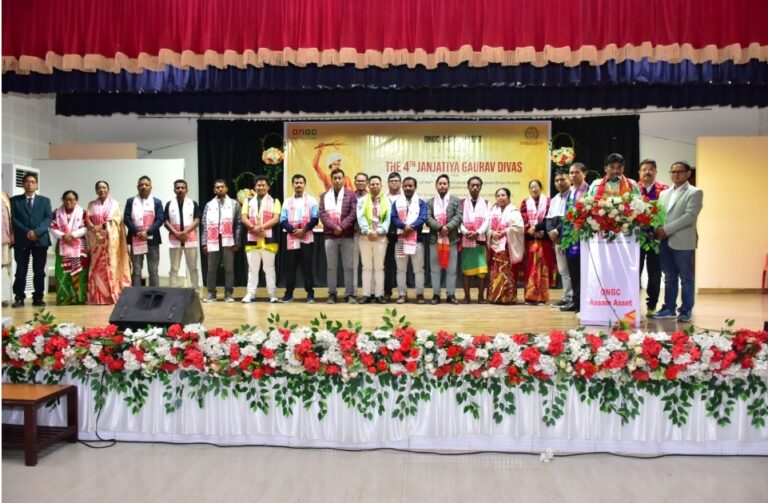Supreme Court to Rule on Constitutional Validity of Section 6A of Citizenship Act
New Delhi: The Supreme Court is set to announce a significant ruling today regarding the constitutional validity of Section 6A of the Citizenship Act. This provision permits Bangladeshi immigrants who entered Assam between January 1, 1966, and March 25, 1971, to register as Indian citizens, while denying citizenship to those who arrived after this cutoff date.
Background and Historical Context
Following the separation of Bangladesh from Pakistan on March 26, 1971, demands for stricter immigration controls intensified. Student organizations, particularly the All Assam Students’ Union (AASU) and the Assam Gan Sangram Parishad (AAGSP), protested against the growing influx of Bangladeshi immigrants. In response, Section 6A was introduced as part of the ‘Assam Accord,’ a memorandum signed on August 15, 1985, during the Rajiv Gandhi administration. This provision aimed to address the concerns raised by these groups by identifying and expelling foreign immigrants who arrived in Assam after March 25, 1971.
Legal Arguments and Concerns of Petitioners
Petitions challenging Section 6A argue that the presence of illegal immigrants from East Pakistan has severely disrupted the demographic balance in Assam. The petitioners contend that the rights of the indigenous Assamese population are at risk, claiming that Section 6A effectively legitimizes unauthorized immigration.
The Constitution Bench, led by Chief Justice D.Y. Chandrachud, is expected to deliver its judgment at 10:30 AM. This ruling could have significant implications for the demographic landscape and the rights of residents in Assam.
Provisions of Section 6A
According to Section 6A, individuals who entered Assam before January 1, 1966, are granted full citizenship rights. Those who arrived between 1966 and 1971 enjoy similar rights, though they are prohibited from voting for ten years. Petitioners have raised questions about why Assam has been singled out for this provision, linking it to a perceived rise in unauthorized immigration.
The court has sought evidence demonstrating how the benefits provided to these migrants have led to demographic changes that threaten Assamese cultural identity.
Court’s Focus and Government’s Position
The Constitution Bench clarified that its examination will focus solely on the validity of Section 6A, not on the Assam National Register of Citizens (NRC). The court has requested information regarding illegal immigration from Bangladesh and the government’s efforts to identify and deport undocumented individuals.
In a government affidavit, officials acknowledged the complexities involved in detecting, detaining, and deporting illegal foreign nationals. They also cited policies in West Bengal as obstacles to effective border control, hindering the fencing of the India-Bangladesh border—a crucial national security initiative.
Challenges at the Border
The Centre highlighted the difficulties in managing a 4,096.7 km border, which is porous and features challenging geography, including rivers and hilly terrain. While West Bengal shares a 2,216.7 km border with Bangladesh, Assam’s border measures only 263 km.
After reserving its decision in December 2023, the Supreme Court’s ruling is eagerly awaited by legal experts, political analysts, and the residents of Assam, as it may significantly influence ongoing discussions about citizenship and immigration policy in the region.


















